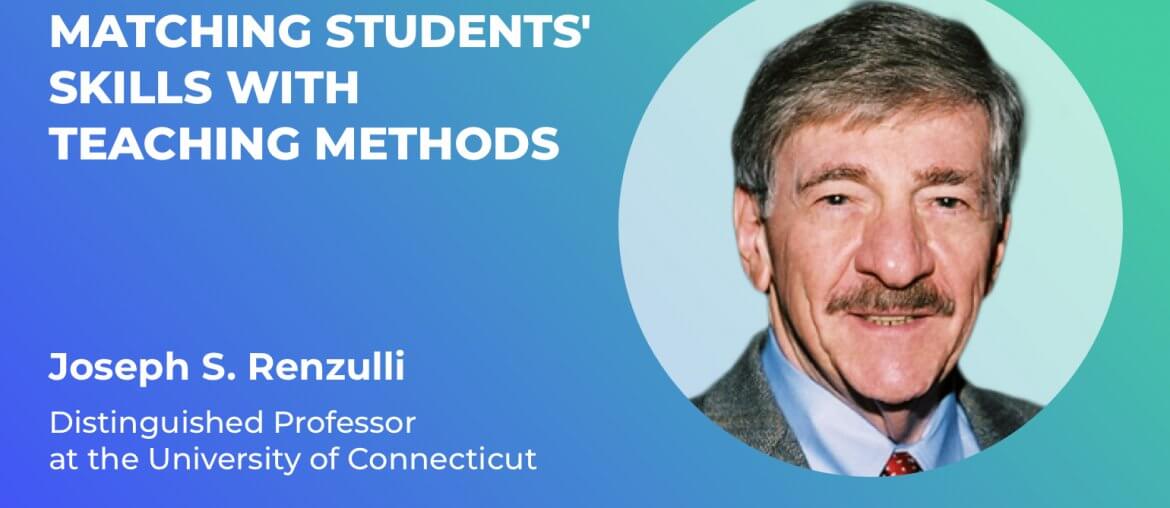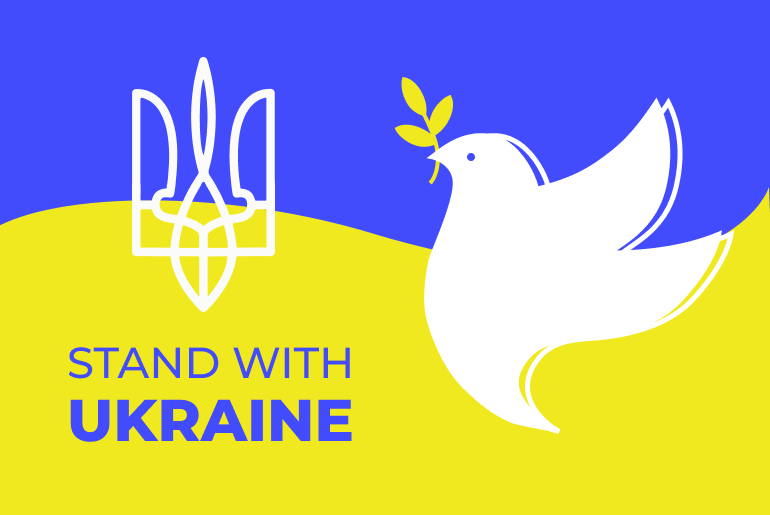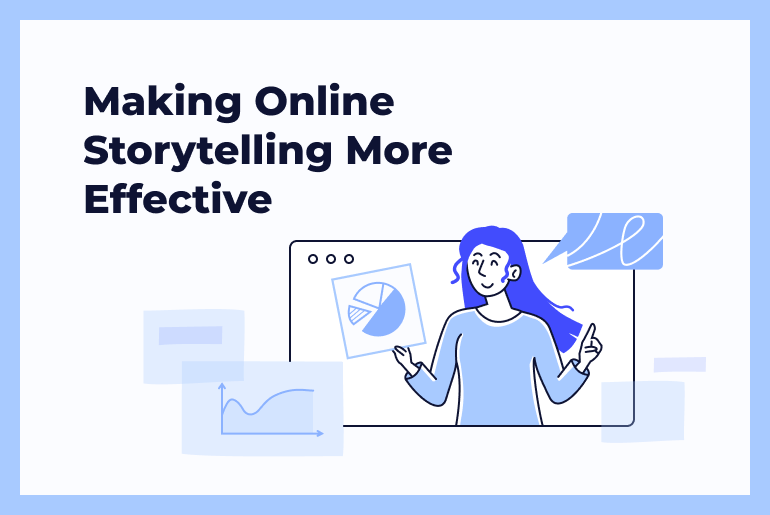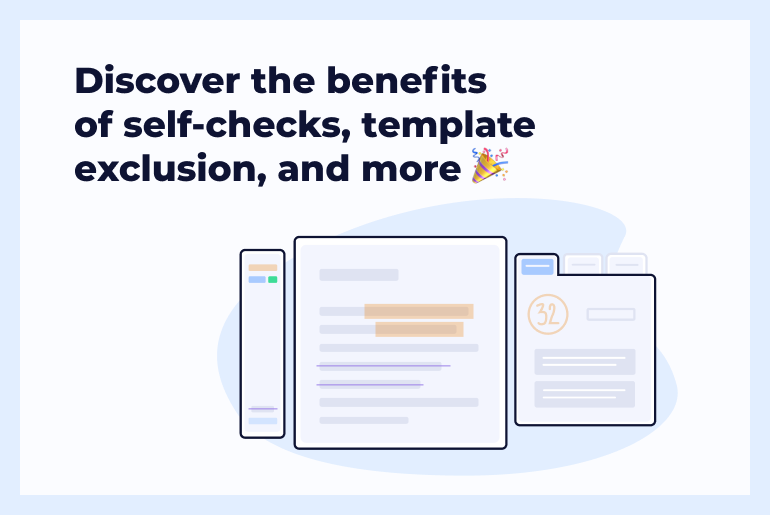How can you maximize the impact that your teaching has on students? There’s a clear perception that one should try a different pedagogy that would inspire every student in a class to take up a course and show a high level of involvement. And it’s not a utopian dream.
The key to success lies in identifying students’ talents and their hard and soft skills. This method will help establish a highly immersive experience for everyone, be it an undergraduate or someone earning a doctoral degree.
Dr. Joseph S. Renzulli, Director at Renzulli Center for Creativity, Gifted Education, and Talent Development, and Distinguished Professor at the University of Connecticut Board of Trustees, is recognized for his tremendous contributions to the pedagogy of gifted education.
He has developed The Three Ring Conception of Giftedness and translated this knowledge into an interactive online talent development platform, Renzulli Learning. He has also established an annual UConn program for educators called Confratute, which provides them with research-based strategies to build up engagement learning for students. And the list goes on and on.
We were lucky to connect with Dr. Renzulli and get answers to several burning questions: what the future holds for today’s educators, how educators can reshape outdated teaching methods and develop a personalized approach to every student in the classroom.
Let’s find out.
Unicheck: What’s the role of a teacher in detecting and developing students’ giftedness?
Dr. Renzulli: There are two types of giftedness, and one is what I call “schoolhouse” or “lesson-learning.” Oftentimes, the advocates of acceleration want children to learn more information faster, and obviously, one cannot be critical of that. I suppose it has some value, although Siri and Alexa can get us all the information we want at the snap of a finger.
The one that I have argued for is what I call creative-productive giftedness. It focuses on things like investigative activities where children are given opportunities to identify a problem, do research on it, and prepare a paper, a presentation, a video, a display, a dramatization, or a cartoon.
The idea behind it comes from an article I wrote on the theory of knowledge, which says that knowledge itself has no value, and even thinking skills like creativity have no value until you apply them to something personally meaningful to you. Therefore, I’ve set some guidelines for how teachers can promote creative-productive giftedness. The first is based on a personalization of the students’ interests even if it’s within an already structured subject.
For example, the educator might be teaching a lesson on the Civil War in America, but there might be those interested not in just learning the names of the battles, but also the music of the Civil War. Other students might be interested in the causes of the war, while others might be interested in the fashions, like the ones featured in Gone with the Wind, where southern women were wearing those massive hoop skirts.
Other students might be interested in the photography—by the way, that was the first war where photography was available. One of America’s most famous photographers, Mathew Brady, emerged as a result of that. And so, by even looking into a required topic and finding an area where a student might have a special interest will get much more engagement, much more motivation. So, I think, this is really the essence of the first part of how teachers help develop creative-productive giftedness in students.
The second is that they’re going to use authentic methodology. They’re going to do “what the big guys do,” even if that’s at a more junior level. There are researchers who study the music of the Civil War, and there are researchers who study things like the different battles of that time. So, they’re going to have to do some background reading and then get, find, or draw maps. They’re going to use authentic investigative information, so one of the things we teach young people is research skills—how to state a research question or a hypothesis, and how to gather, analyze, and tabulate data.
When I’m doing a research study, I reach up on the shelf, and I pull down a statistics book to learn how to use a certain type of statistical approach in analyzing data. Students might be doing this at a more junior level. They might just be tallying or tabulating to come up with a pie chart, a bar graph, or a summary of percentages of how many of a certain event occurred during a given period of time. So, we teach children various types of data gathering skills. I’ve written a couple of books and done some articles on data gathering. One of them is called “Think Data.”
That’s how children develop what I call an investigative mindset, and they love it. Data gathering doesn’t have to be sophisticated, but we gotta get children interested in it, and then, of course, the next step is summarizing and drawing conclusions.
So, the first thing is the personalization of interest—a topic that they have passion about. The second is the use of authentic methodology. The third is, and this is how we differ from acceleration of content—there is no single, pre-determined correct answer.
The fourth thing unlocks the magic of all this. Most times when students write a short story or a poem, they give it to the teacher, who marks it and gives it back. What I recommend is encouraging your students to try on different professions, to think like young poets looking to get their poems published, filmmakers, scientists, entrepreneurs, etc. We have even one of the databases in Renzulli Learning, where there are all kinds of contests, competitions, and places for children to send science projects or creative writings, take part in competitions, etc.
I’ve had many kids who have started very successful businesses just because they were interested in entrepreneurism. When we studied their interests, they wanted to start a business to raise money to buy shoes and gloves for poor children. These are real-world kinds of things. I’m not saying that we should not be learning to accelerate more information faster, but the people that change the world are people who do these kinds of creative things.
As a matter of fact, there’s a very well-known study by a person at Boston College in America named Karen Arnold. She did a follow-up study of the students who were high school valedictorians (the highest-scoring person in the high school class) and had sixteen-thousand pages of interviews, believe it or not.
What she found out is that while these people went on to very successful careers, when she followed them ten or fifteen years after they left high school and asked them about the kinds of creative contributions they made to whatever career track they were on, the answer was “none.”
Well, they were good lesson-learners. They could do their accounting. They could do their laboratory work—or whatever they were doing. They could be good doctors. But did they contribute any new or original ideas? The answer was none.
Unicheck: Let’s talk a little more about technology and how it shapes education. Is it for better or worse?
Dr. Renzulli: Well, I think that the age of technology has changed the world, and it’s one of the reasons I talk a lot in my work about something I call the Theory of Adaptability. The research clearly shows that about 40 percent of current jobs will be taken over by technology, and jobs will be created that we haven’t even thought of yet.
One of the things that I advocate in my work is that we teach children how to quickly learn new skills in an area of interest so that they can stay on top of their profession as it grows or be prepared for a new profession.
If you’re riding a wave, you need to be prepared to catch another one. One of the things that I’m emphasizing in my work, especially with educators that are looking to create a productive giftedness, is that we teach them the best kinds of learning-how-to-learn skills.
The old learning-how-to-learn skills were reading, note-taking, outlining, underlining, highlighting in your textbooks, and all of that. Those don’t apply anymore. They need to be able to go out and take a course on coding, for example, as my son-in-law did. When his job was going to come to an end, he went out and took a course on a new advanced kind of coding and was immediately recruited for new jobs at much higher pay.
My daughter, who is a film editor, is constantly taking short courses to learn more advanced kinds of film editing. Both of them were theater majors. They wanted to be actors and actresses, and, of course, that’s a tough career to get into, and so they learned these new skills, and they’re still learning.
One of the things that I’m advocating in the Theory of Adaptability is that the most important thing that we can teach right now is how to quickly and easily learn new skills.
Unicheck: Do you believe that the personalized approach can really help tackle the problem with academic cheating and make every student want to put more effort into their studying?
Dr. Renzulli: Absolutely. Anything that we’re interested in, we enjoy doing more. One of the things that is a symbol of my work is what I call the three “E’s” — enjoyment, engagement, and enthusiasm for learning. Anything that you enjoy, you work harder at, you get more pleasure out of, and you also become experimental. I’m a bread baker as one of my pastimes. I’m not just baking bread, but I’m always trying out new things. First time out, I always follow the recipe, but that’s no fun. That just makes me do what a machine can do. So, I start experimenting with it.
These are the kinds of things that we will be learning in the 20th century. The information age is over in the sense of just knowing more. Just knowing more is not going to get you to the top of the ladder. It’s these kinds of skills, as well as what you do with what you know, and how you apply those skills that will get you a better job. My daughter started at a very low rate in film editing, and now she’s making more per day than I do because she’s continued to develop her editing skills. She now has a contract with Facebook for one of the programs that she’s developed.
This is what that kind of growth is all about. It’s not just getting good grades on tests. Those things are not what they used to be as far as determining career growth and success.
Unicheck: So, the role of the educator is to help the student discover his or her passion, right?
Dr. Renzulli: Yes. No matter what the age of a child, if I can find something that the child is really interested in, I can get more out of that child—or adult. With my doctoral students, I don’t tell them what they’re going to research. I tell them to explore their own areas of interest, even if they have a general area. Okay, what aspect of that are you interested in? In our training, we call it finding and problem-focusing, and so we need to teach these skills to children.





